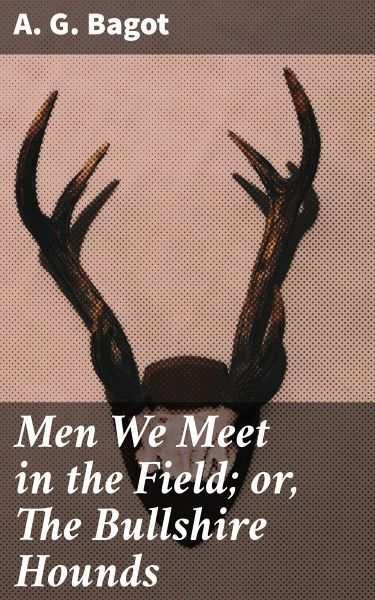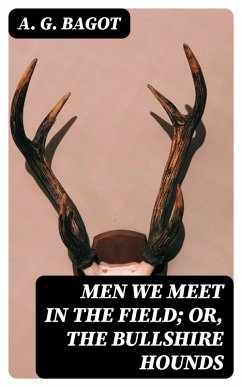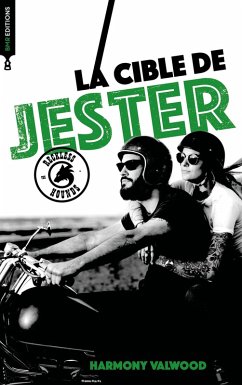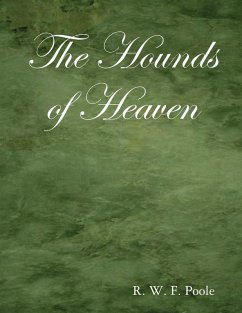
Men We Meet in the Field; or, The Bullshire Hounds (eBook, ePUB)
Hunting culture and societal satire in Victorian England
Versandkostenfrei!
Sofort per Download lieferbar
0,49 €
inkl. MwSt.
Weitere Ausgaben:

PAYBACK Punkte
0 °P sammeln!
In "Men We Meet in the Field; or, The Bullshire Hounds," A. G. Bagot crafts a vivid tableau of rural English life centered around the sport of fox hunting. Through a series of intricate character studies and humorous anecdotes, Bagot employs a rich, evocative prose style that reflects the social dynamics and class structures of the early 20th century. The narrative unfolds with a keen observational eye, blending elements of pastoral literature with satirical commentary on the eccentricities of the British gentry and their hunting pursuits, making it an insightful exploration of traditional Bri...
In "Men We Meet in the Field; or, The Bullshire Hounds," A. G. Bagot crafts a vivid tableau of rural English life centered around the sport of fox hunting. Through a series of intricate character studies and humorous anecdotes, Bagot employs a rich, evocative prose style that reflects the social dynamics and class structures of the early 20th century. The narrative unfolds with a keen observational eye, blending elements of pastoral literature with satirical commentary on the eccentricities of the British gentry and their hunting pursuits, making it an insightful exploration of traditional British customs and their evolving role in a modernizing society. A. G. Bagot, a prominent figure in the Edwardian literary scene, drew heavily from his own experiences as an avid hunter and participant in country life, providing authenticity and depth to his character portrayals. Bagot'Äôs background as a journalist and novelist allowed him to infuse wit and humor into his writing, capturing the very essence of his subjects with both affection and critique. His unique insight into the camaraderie, rivalries, and idiosyncrasies of rural existence positions him as a noteworthy chronicler of this era. This book comes highly recommended for readers interested in the intersections of sport, society, and culture in early 20th-century England. Bagot'Äôs engaging narrative style coupled with his sharp observational humor renders the text not only a delightful read but also a profound commentary on the human condition within the context of leisure and tradition. The book invites readers to reflect on their own encounters within social spheres, making it a timeless exploration still relevant today.
Dieser Download kann aus rechtlichen Gründen nur mit Rechnungsadresse in A, B, BG, CY, CZ, D, DK, EW, E, FIN, F, GR, H, IRL, I, LT, L, LR, M, NL, PL, P, R, S, SLO, SK ausgeliefert werden.











